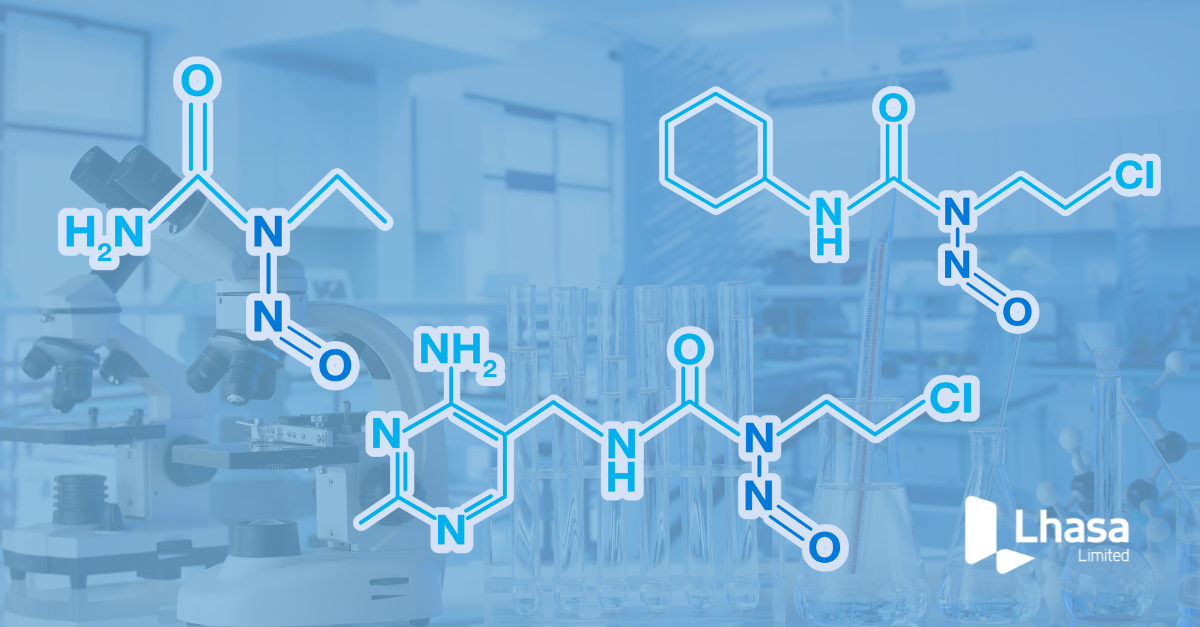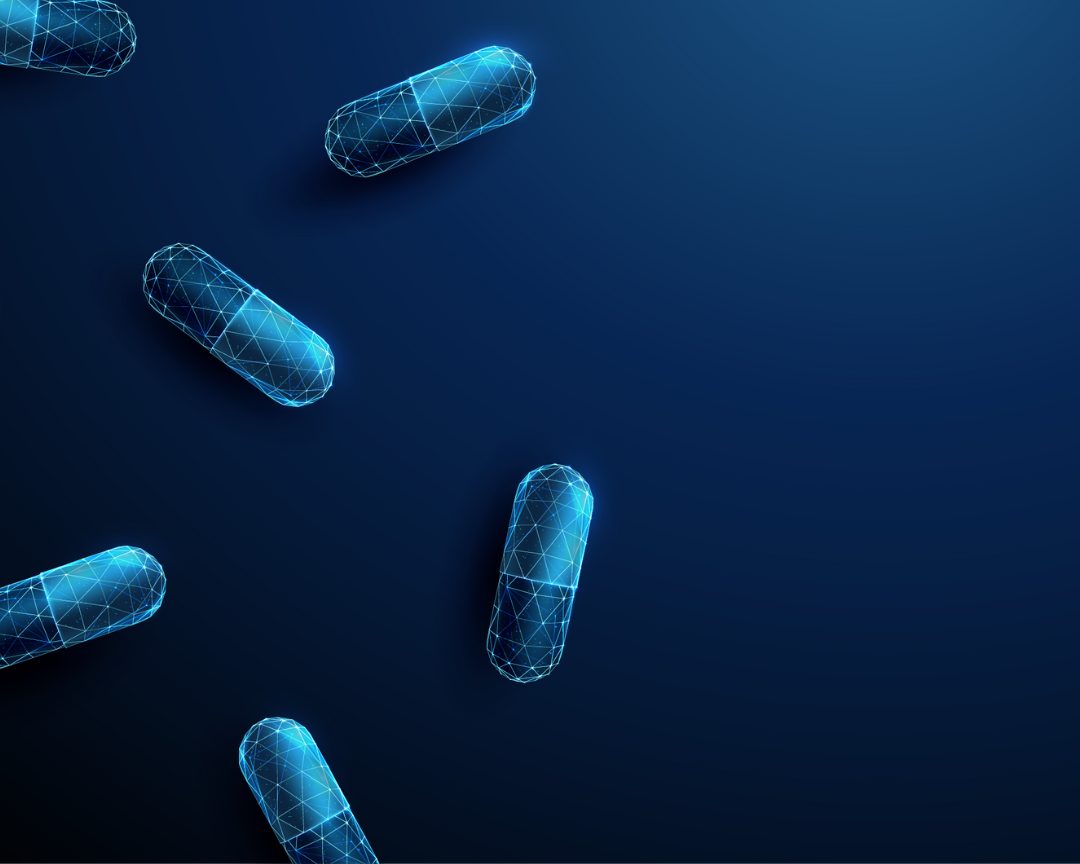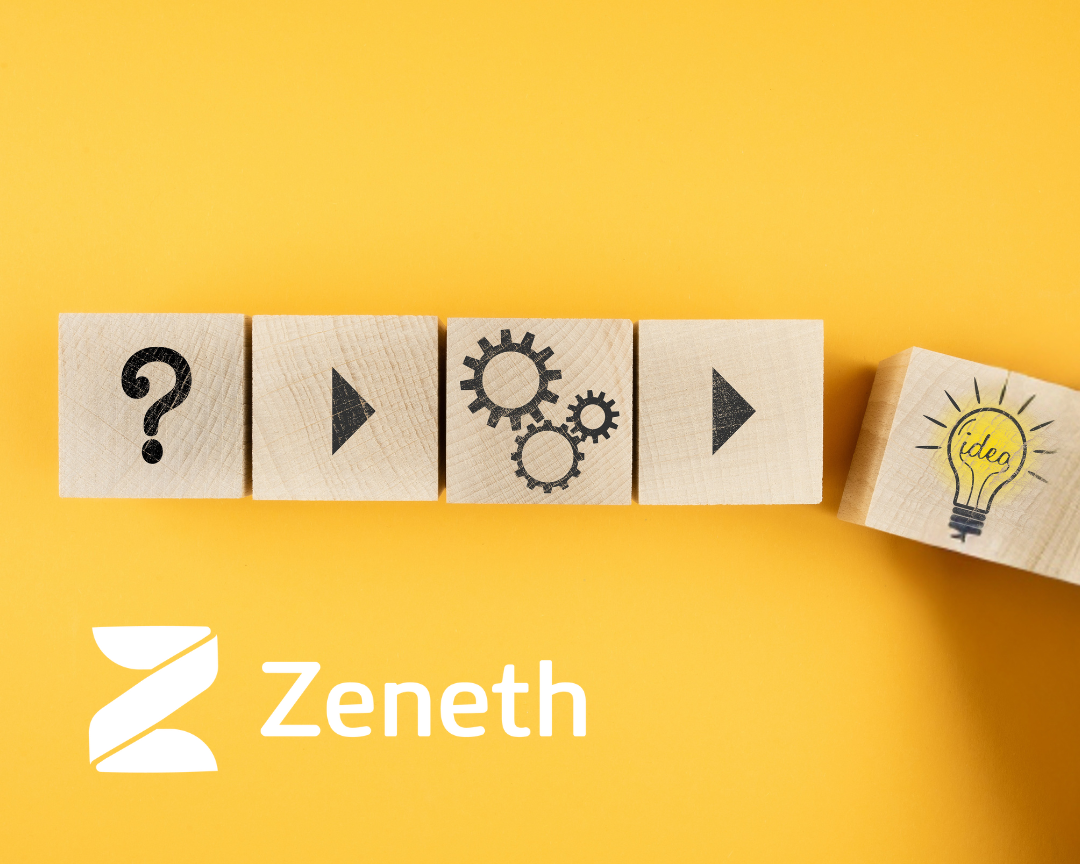In July 2020, we announced the introduction of an annual award – expected to run until 2024 – honouring the scientific contributions and memory of Dr. Richard Williams.
It is with huge excitement that today, we are able to introduce you to the first winner of the Richard Williams Memorial Award, Amy Wilson. Amy is an Associate Principal Scientist within the Genetic Toxicology team at AstraZeneca. Learn more about Amy’s award-winning work, career to date, biggest inspiration and where you can see Amy present her work in this Q&A session – enjoy!
_____
Firstly, congratulations Amy for being the first winner of The Richard Williams Memorial Award! What did you enjoy and find most challenging about the process? Thank you so much, it was an honour to receive the award. It was great to be able to present some of my recent work at the virtual IGG meeting and to hear from the other nominees, it was a fabulous session to be part of and really highlighted some of the great work being undertaken by early career researchers in the field. The live voting process added an extra challenge and built up some tension in the proceedings! I was so happy to be able to accept the first Richard Williams Memorial award – I am also very much looking forward to seeing more work from future applicants in years to come!
How did you first hear about the award? I first heard about the Richard Williams Memorial award via communication from the United Kingdom Environmental Mutagen Society (UKEMS), who highlighted the award specifically to their new investigators branch, and are also doing some great work to expose early career researchers.
Can you tell us a little about the research which you presented at the IGG meeting to win this award? One of our aims in the Genetic Toxicology team at AstraZeneca is to provide a comprehensive analysis of small molecule genotoxic potential for compounds early in the drug development pipeline. We have developed and validated an automated, high-content, high-throughput, image-based in vitro Micronucleus (IVM) assay, which simultaneously assesses hundreds of cellular properties associated with genotoxicity including; micronuclei and mechanism of action markers, as well as multiple additional cellular phenotypic changes.
We generate complex multiparametric data sets containing over 10,000 data points per compound. We have shown that PCA and t-SNE plots cluster compounds by mechanism of action. By applying computational approaches in R and implementing machine learning models alongside Bayesian classifiers, we can identify with 95% accuracy, the genotoxic and negative compounds within the data set, reducing analysis time by 80% whilst concurrently minimising human bias.
We have shown that by combining; high throughput screening, multiparametric image analysis and machine learning approaches we have the opportunity to revolutionise early Genetic Toxicology assessment within AstraZeneca. By multiplexing assay endpoints, minimising data generation and analysis time and providing novel insights to the mechanisms and phenotypes that are associated with genotoxicity, the assay that we have developed enables complex genotoxicity safety assessments to be made sooner, aiding the development of safer drug candidates.
Could you tell us a little bit about your career to date? I completed my undergraduate studies at University of Liverpool, graduating with a BSc (Hons) in Biochemistry, this included an industrial placement within AstraZeneca where I spent time in the Genetic Toxicology department. Looking back, it was this year that really set me on the career path I have taken to date. I then went on to undertake a PhD in Professor Ulrike Eggert’s group at Kings College, London, which focussed on identifying and characterising novel proteins involved in cytokinesis. After completing my PhD, I was lucky enough to be able to return to AstraZeneca in a Senior Scientist position. Here, I helped to develop a high content in vitro micronucleus screening assay for the identification of genotoxic compounds early in the drug discovery process. I am now an Associate Principal Scientist in the Genetic Toxicology group at AstraZeneca, where I am responsible for providing cross-portfolio GeneTox support for early projects. I am also the programme manager for the Cambridge Alliance on Medicines Safety (CAMS), a pre-competitive alliance between AstraZeneca, GlaxoSmithKline and the University of Cambridge. The alliance aims to expand and invigorate the science that underpins the assessment of Medicines Safety and Toxicology and to advance the translational relevance of experimental safety studies.
What is your area of scientific interest and why did this area appeal to you? I have a keen interest in the development of novel genetic toxicology assays, high content imaging, next generation sequencing and machine learning approaches and how we can combine these technologies to better predict, not only genotoxicity, but also the mechanisms that underlie genotoxic endpoints. I am perpetually curious and believe that these approaches can help to understand the fundamental mechanisms behind genotoxicity, and that this knowledge can help our broader understanding of the process of carcinogenicity.
What do you enjoy most about your role at AstraZeneca? I love how dynamic my role is, no two days are the same! The work we do on a daily basis has the ability to really impact patient lives. I feel incredibly lucky to work with such a great team and to be surrounded by so many talented and driven colleagues – this means that I learn something new every day. Knowing that we are all working towards the same goal, delivering the safest medicines to our patients means that even the most challenging days are worth it.
Who is your biggest inspiration and why? I am very lucky to come from a long line of strong women, my family really are my inspiration, especially my Grandmother, Nanny-Joyce, who would look after me and my sister after school while my parents worked. She taught me that anything is possible. She didn’t get the opportunity to go to University, that was reserved for her brother as the male in the family and so she has always encouraged me to take every opportunity I have been given, to work hard and to appreciate my education. She is my greatest cheerleader and one of the strongest women I know.
What is the best piece of advice you have ever been given? Be yourself and do your best, after all what else can anyone ask of you, and more importantly what more can you ask of yourself?
_____
What a great note to end on! Amy, you are a huge inspiration to aspiring scientists. Thank you very much for taking the time to provide detailed and interesting responses to our questions. We look forward to seeing you present your work at the United Kingdom Environmental Mutagen Society (UKEMS) meeting in July 2022.
Follow Amy’s success and connect with Amy on LinkedIn.
_____
Did you enjoy this blog? What else would you like us to write about? Please get in touch.
Last Updated on January 25, 2024 by lhasalimited



